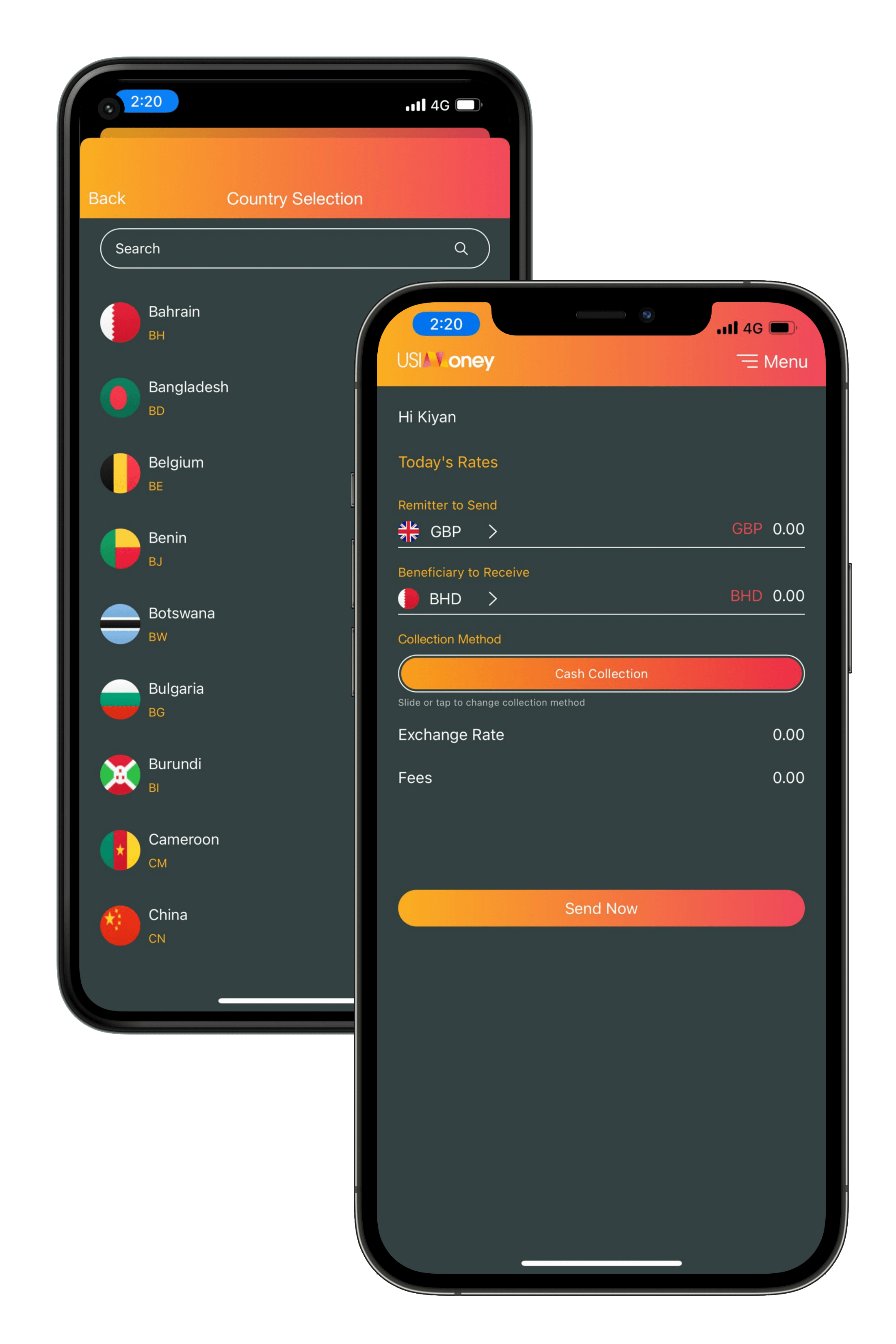
Nine members of the MPC (Monetary Policy Committee), voted unanimously to keep interest rates on hold at 0.75%.
Their decision to leave the interest rates at 0.75% suggest that continuous uncertainty around Brexit will leave interest rates low for a while.
They mentioned that the UK would evade a recession but cautioned that Brexit and trade concerns were weighing on the economy.
The Bank of England said if there is a no-deal Brexit, “the exchange rate would probably fall, CPI inflation rise and GDP growth slow. The committee’s interest rate decisions would need to balance the upward pressure on inflation, from the likely fall in sterling and any reduction in supply capacity, with the downward pressure from any reduction in demand. In this eventuality, the monetary policy response would not be automatic and could be in either direction.”
If there is “greater clarity that the economy is on a path to a smooth Brexit, and assuming some recovery in global growth”, they said “a significant margin of excess demand is likely to build in the medium term”.
“Were that to occur, the committee judges that increases in interest rates, at a gradual pace and to a limited extent, would be appropriate to return inflation sustainably to the 2% target.”
UK economist at Capital Economics, Thomas Pugh, believes that the rate-setters on the BoE’s MPC are a “little more dovish about the outlook for inflation and interest rates in the short term than they were in August”.
“But they are still concerned that inflation might rise above target by 2021.”
“Even if there were a Brexit deal at the end of October, with inflation well below the 2% target, the MPC is unlikely to feel under much pressure to rush ahead with rate hikes.”
“Indeed, we think that the MPC would hold fire until the second half of next year.
“If there is a no deal then the MPC would probably quickly change its tune and support the economy by cutting interest rates.”
Chief UK Economist, Samuel Tombs, stated that the minutes of the meeting during this month of the MPC are “significantly more dovish”.
Mr. Tombs said that the MPC “has not formally revised down its forecast for GDP growth in the fourth quarter and beyond, but the minutes certainly give the impression that its base case has changed from one of a Brexit deal being agreed in the near future, to long-lasting Brexit uncertainty”.
“Nonetheless, the committee still is in wait-and-see mode and it is not going to take pre-emptive action,” he said.
He went on to say, “the committee still hasn’t been able to agree what the appropriate response to a no-deal Brexit should be” and that the minutes lack any guidance on how the committee would respond.”
